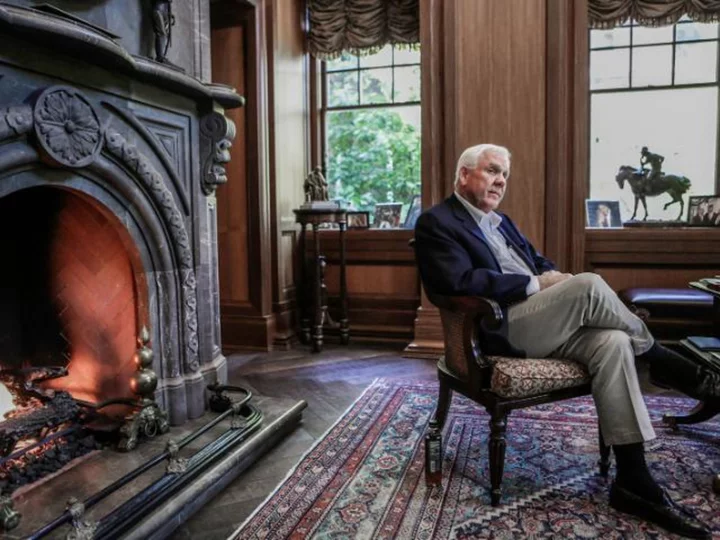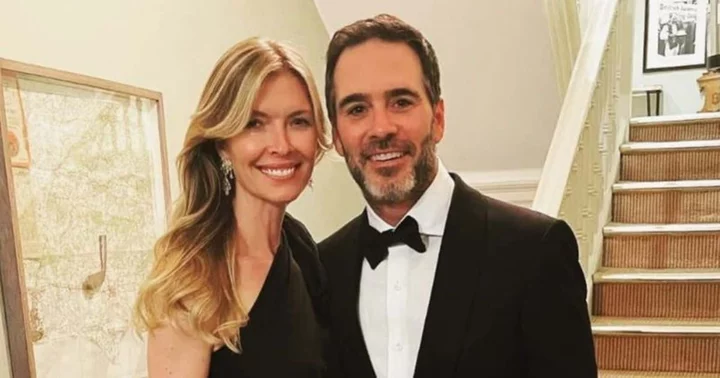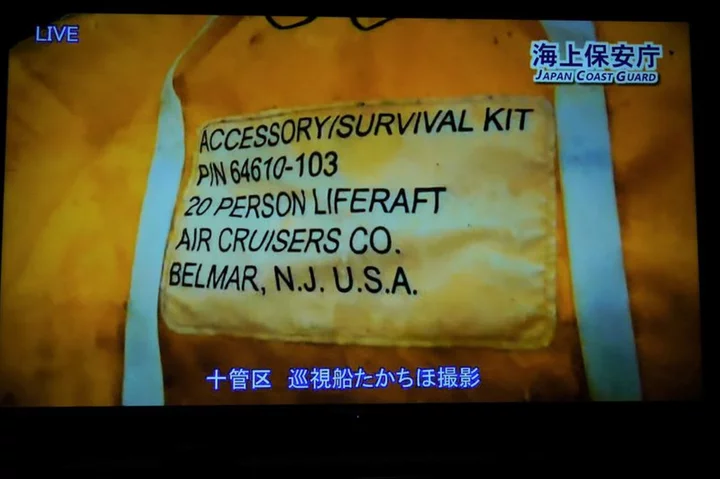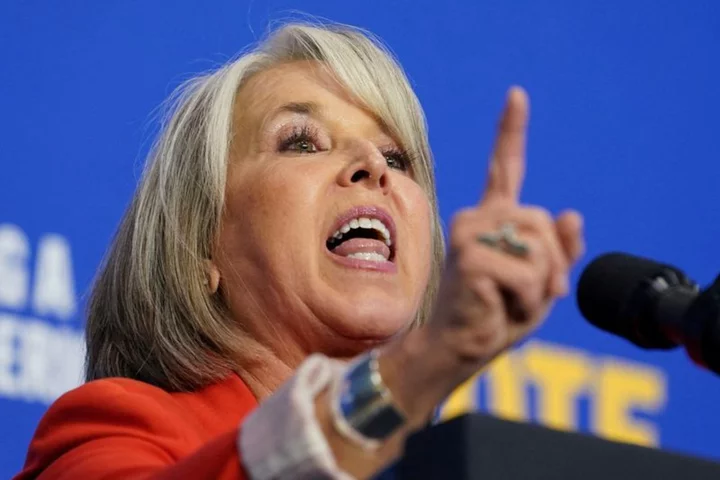A lawyer for Harlan Crow, the GOP megadonor who provided luxury travel and engaged in private real estate deals with Clarence Thomas, has offered to meet with Senate Judiciary Committee staff to discuss its questions regarding the interactions between his client and the Supreme Court justice.
In a letter to Senate Judiciary Chair Dick Durbin obtained by CNN, the lawyer, Michael Bopp, reiterated his concerns that the committee does not have the authority to investigate the relationship between the two men, but agreed to meet all the same. "We respect the Senate Judiciary Committee's important role in formulating legislation concerning our federal courts system, and would welcome a discussion with your staff," Bopp wrote.
The letter marks a new phase in Crow's approach to dealing with the Senate committee's inquiry -- signaling an understanding of the panel's oversight role when it comes to the judiciary. Last weekend, Crow did not respond the same way to Senate Finance Chairman Ron Wyden, suggesting he intends not to cooperate with that committee because he questions its jurisdiction over the matter.
Wyden, an Oregon Democrat, previously asked the Texas billionaire's team to provide a number of documents to the committee by June 2 and has pushed back on assertions from Crow that the panel lacks authority to request personal tax information and travel records from him as part of a probe into whether hospitality he provided to Thomas could have triggered violations of US tax law.
Crow's relationship with Thomas has been under the spotlight since ProPublica published a series of reports detailing luxury travel that Thomas received from Crow, as well as a private 2014 real estate deal with Thomas' family. The real estate transaction and the bulk of the hospitality went unreported on Thomas' annual financial disclosures, as did Crow's reported payments for the tuition of a grandnephew of Thomas.
The letter to the Judiciary Committee lays out why Bopp does not believe that it has the authority to receive information from Crow. The committee's inquiry, the attorney argued, violates separation of powers principles between the court and Congress. He additionally said that the committee does not have a valid legislative purpose for its investigation.
"To reiterate, Congress does not have the power to impose ethics standards on the Supreme Court," Bopp wrote, saying it "therefore cannot mount an investigation for the purpose of helping craft such standards."
He added that "because the Committee has requested information about the leadership of a coequal branch of government—implicating sensitive separation of powers considerations—it must satisfy a higher standard in order to establish a valid legislative purpose for seeking the requested information."
"On this point, too, the Committee's investigation comes up short," Bopp wrote.
He urged the committee to "reassess the partisan course it is pursuing" but ended the letter by saying Durbin should "feel free" to have "your staff contact me with any questions concerning this response and to set up a time to further discuss your requests."
In previous correspondence, Durbin has made clear that he believes that information from Crow would be "highly relevant" to the committee's ongoing efforts to craft judicial ethics reform legislation. He has said that Crow has a "cramped reading" of Congress' constitutional authority to legislate in the area of government ethics and a "wholly misplaced" view of the separation of powers which, Durbin argued, only applies to requests from "coordinate branches of government," not private individuals.









